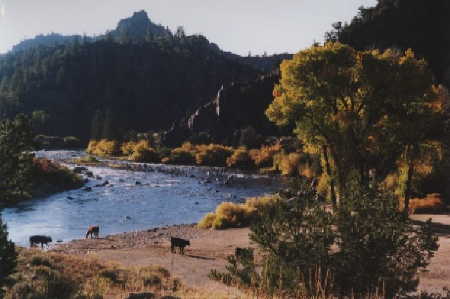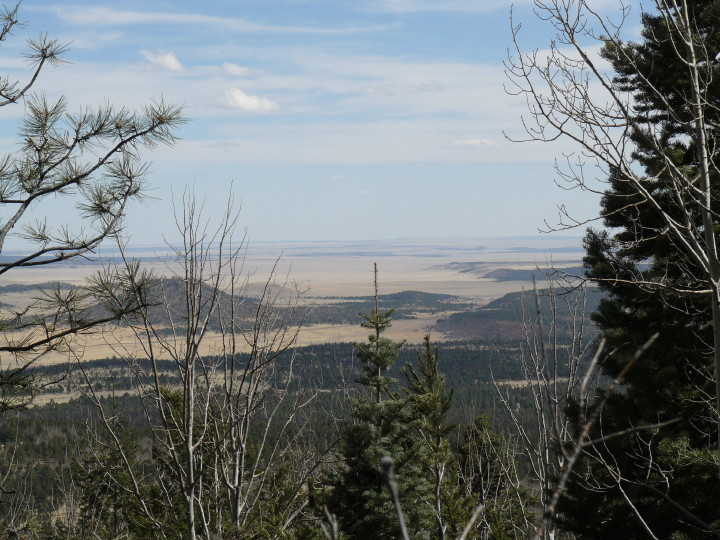October 28, 2011
For more than five decades, the world’s oil map has centered on the Middle East. No matter what new energy resources were discovered and developed elsewhere, virtually all forecasts indicated that U.S. reliance on Mideast oil supplies was destined to grow. This seemingly irreversible reality has shaped not only U.S. energy policy and economic policy, but also geopolitics and the entire global economy.
But today, what appeared irreversible is being reversed. The outline of a new world oil map is emerging, and it is centered not on the Middle East but on the Western Hemisphere. The new energy axis runs from Alberta, Canada, down through North Dakota and South Texas, past a major new discovery off the coast of French Guyana to huge offshore oil deposits found near Brazil....continued....











































